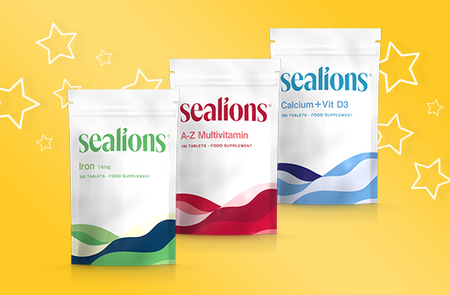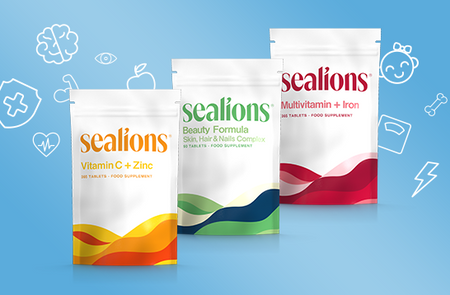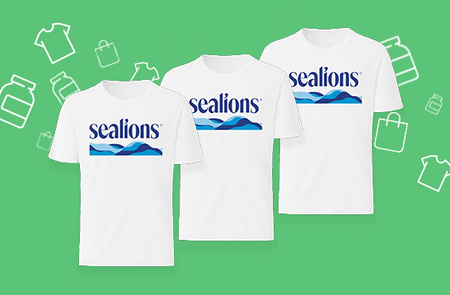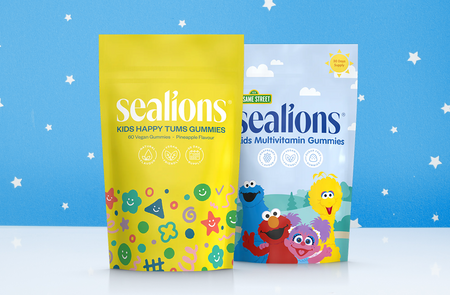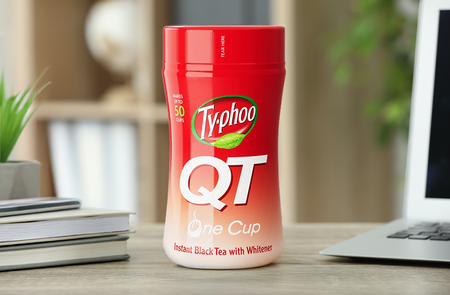
Your Mind Matters: Let’s Talk Maternal Mental Health
World Maternal Mental Health Day is a reminder that a parent’s wellbeing matters just as much as their baby’s. It helps to shine a light on the emotional challenges that so many mothers face during pregnancy and after birth. These struggles often go unspoken. A lot of the challenges you can face during these times are:
- Excessive worry or anxiety
- Low moods
- Irritability or anger
- Feeling overwhelmed or isolated
- Feeling emotionally disconnected from the baby or loved ones
- Loss of interest in things you used to enjoy
- Difficulty bonding with the baby
While these are just a few struggles people can experience, there are so many more and experiences can vary. Maternal mental health struggles are more common than many realise. Talking about it helps break the stigma and opens the door for support and understanding.
Understanding the Difference Between Antenatal and Postnatal Mental Health
It’s not just after the baby arrives that things can feel mentally tough. Struggles can start at any stage, even as early as during pregnancy.
Antenatal means during pregnancy. It’s normal to feel a whirlwind of emotions while expecting, but sometimes those feelings feel deeper: anxiety, consistent low mood, or just not feeling yourself. Experiencing these does not mean that you’re not alone. Sometimes pregnancy isn’t all positivity, glowing and joyful moments 100% of the time - and that’s ok.
Postnatal comes after birth, and usually within that first year. While tiredness and teary days are just part of the newborn experience, but again, some people can feel deeper emotions such as feeling low, disconnected, or overwhelmed.
Whatever stage, mental health matters just as much as physical health. If things feel heavy, reaching out for support is a strong and positive step.
Let’s Clear Up Misconceptions
“It only happens after the baby is born”
As we described above, MANY mothers experience mental health struggles during pregnancy (antenatal mental health)
“If I’m struggling, I must not love my baby”
Loving your baby and feeling low, anxious, or overwhelmed are not opposites. You can still deeply love your baby and still need support. It’s not either/or… both feelings can exist together.
“Asking for help means I’ve failed”
Reaching out shows strength, bravery, and care - for both yourself and your baby. No one is expected to do it alone.
If you find yourself struggling, talking to a professional can make a difference. It’s absolutely nothing to feel nervous or ashamed about. You can start by speaking to your GP, midwife, or health visitor, who are trained to listen and help. They can offer support, suggest helpful tools or treatments, and guide you to the right kind of care. If you’re not the parent, but you’re worried about someone close to you, don’t be afraid to gently check in. A simple “How are you really feeling?” can open the gates to a much-needed chat.
Maternal Mental Health & General Support in the UK
PANDAS Foundation - Support for parents experiencing pre- or postnatal mental health challenges. pandasfoundation.org.uk
NHS 111 - For urgent but non-emergency health concerns, including mental health support. 111.nhs.uk
Tommy’s - Offers pregnancy and baby loss support, and general pregnancy mental health advice. tommys.org
Tagged:

